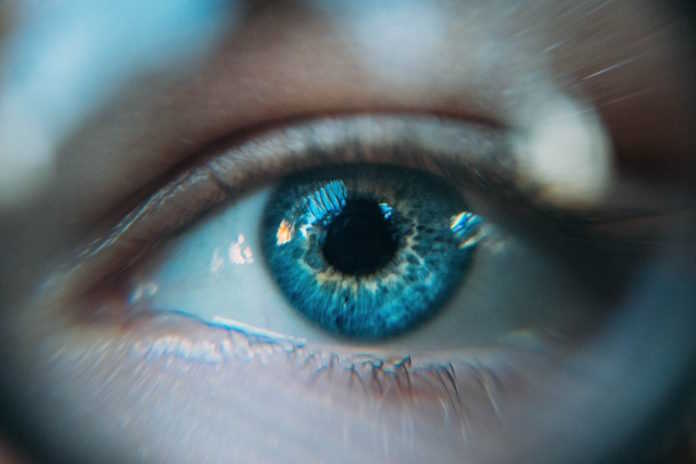In South Africa, diabetes has reached epidemic proportions and the loss of vision due to diabetic eye complications is on the rise.
According to the International Diabetes Federation, more than 4.4 million people between the ages of 20 and 79 are living with diabetes in South Africa and the number is projected to rise to 6.3 million by 2045 if no effective interventions are implemented.
Diabetic retinopathy, one of the serious consequences of diabetes, is the 4th leading cause of blindness and the most common cause of visual loss amongst working-age individuals in South Africa. An estimated third of people with diabetes will develop diabetic retinopathy yet less than 20% of patients undergo yearly screening.
The Ophthalmological Society of South Africa (OSSA) says a collaborative effort between government agencies, healthcare providers, and non-governmental organisations is crucial to mitigate the impact of diabetic retinopathy and prevent unnecessary vision loss among South Africans living with diabetes.
Prof Linda Visser, board member of OSSA and public sector vitreoretinal surgeon says early detection, improved access to treatment, and enhanced patient education are key to addressing this issue.
“Diabetes is regarded as one of the costliest health problems in the world and poses a socio-economic burden on the country. Costs include the direct costs of medical care, and indirect costs of loss in productivity due to the inability to work, sickness, absence, vision loss, disability, premature retirement and premature death, as well as intangible costs such as the physical and psychological pain or suffering.”
“We need a concerted effort from government and primary health care structures to raise awareness of the problem and promote lifestyle modification, healthy eating habits and exercise, specifically targeting children and young adults. This awareness should include the need for regular screening in order to detect diabetes as early as possible.”
Diabetes is a chronic metabolic disorder characterised by elevated blood sugar levels and one of the most severe complications of diabetes is diabetic retinopathy, a progressive eye disease that damages the blood vessels in the retina – the light-sensitive layer of tissue in the back of your eye that detects light and sends signals to your brain through the optic nerve in the back of your eye – potentially leading to vision impairment or blindness.
Prof Visser says diabetic retinopathy damage is often permanent or only partly reversible and therefore more urgent to treat timeously.
“Diabetic retinopathy often presents no symptoms in its early stages. By the time symptoms become noticeable, the disease may have already advanced to a stage where vision loss is irreversible. Research has clearly demonstrated blindness due to diabetes is preventable with early diagnosis, optimisation of risk factors and timely treatment where appropriate. Early detection is cost-effective while late detection can result in costly treatment and a significant increase in patient disability.”
In the later stages of diabetic retinopathy, blood vessels in the retina start to bleed into the vitreous – the gel-like fluid that fills your eye. Dark, floating spots that look like cobwebs will start to appear. If left untreated, scars can form in the back of the eye and the blood vessels could start to bleed again, increasing the risk of vision loss.
Treatment options include, depending on the advanced stage of vision loss, laser therapy, intravitreal injections and surgery.
Prof Visser urges South Africans to start looking after their health to prevent diabetes in the first place. She recommends:
- Reducing weight,
- Regular exercise of at least 30 minutes a day such as walking, gardening or more advanced such as going to the gym,
- Limiting alcohol consumption,
- Stopping smoking,
- Adding more fruit and vegetables and whole grains into one’s diet,
- Avoiding sugary drinks and food, as well as processed foods
- Yearly examination to screen for diabetes.
If you have been diagnosed with diabetes, an annual retinopathy screening is recommended which involves retinal imaging. These photographic screenings could also predict the risk of stroke, heart attack, peripheral nerve disease, heart failure, amputation and kidney disease earlier.
To screen for diabetes, visit your local clinic or GP and if you have been diagnosed with Type 1 or Type 2 diabetes, screen your eyes yearly at one of the many eye care centres around South Africa.












